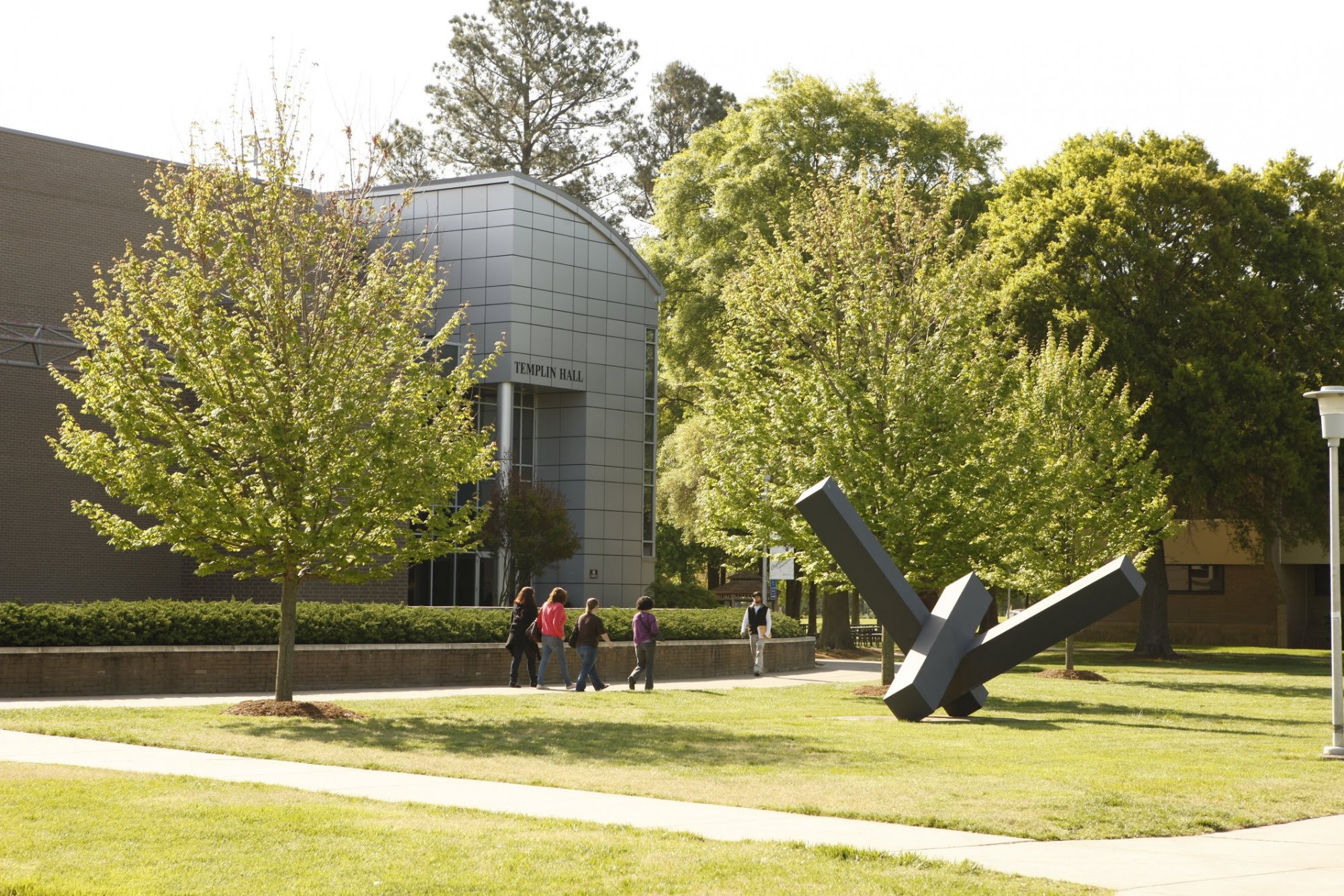Local News: Colleges to Submit Fall Reopening Plans to Governor

Campus life at colleges across the state will look different in fall, under new guidelines from Gov. Ralph Northam on how they could re-open their campuses.
No more dining hall buffets. Regular health screenings. Face coverings recommended in close quarters.
The guidelines, which Northam unveiled Thursday, say that the pandemic is "inherently unpredictable." It's likely that campuses will see outbreaks, and colleges need to be prepared.
"We want our students to be back on our campuses this fall, and we want to do it safely and responsibly," Northam said Thursday during a news conference.
Northam announced Tuesday guidelines for K-12 schools, which he closed March 13 to slow the spread of the new coronavirus. They call for a phased reopening over the summer with the aim of having most students back in classrooms at least some of the time by fall.
The guidelines for colleges and universities don't take the same phased approach. The state says that each institution must be in a region that has entered Phase II of the governor's reopening plan, which the last parts of the state will enter Friday.
They also say that to keep campus open, local hospitals need to have enough beds to accommodate the increased population of students. Colleges a required to implement campus plans on how they'll implement protective measures and create a "culture of compliance."
Public and private colleges must submit plans to the State Council of Higher Education by July 6.
"Each institution will take on this challenge in a way that will meet their unique mission and circumstance," Northam said.
Plans are required to include answers to a list of questions - among them, how institutions will screen students during move-in and train students on slowing the spread of COVID-19. One suggestion from the state is to include COVID-19 prevention as part of student orientation.
Schools are required to outline how they'll implement physical distancing on campus, from reducing classroom sizes to limiting visitors. Access to communal spaces like lounges and dining halls should be limited and the size of gatherings restricted.
In dining halls, suggestions include health screenings for staff, limiting the number of diners, spacing out tables more and offering more take-out and delivery options for students.
The guidelines recommend cloth face coverings for faculty at all times when six feet of physical distance can't be maintained, following guidance from the Centers for Disease Control. They wouldn't have to wear one while lecturing if they were far enough from students, but they would in tighter settings. Students are encouraged to wear masks when they're within six feet of other people too.
On-campus housing is included in the guidelines, which note that it's "difficult to maintain physical distancing in on-campus housing, even with modifications." Recommendations include masks in shared spaces, more cleaning, restrictions on social activities in the dorm and restrictions on access to buildings.
The guidelines require colleges to come up with a testing strategies for all students, faculty and staff with symptoms, working with local health systems and the Virginia Department of Health to provide care.
Colleges are required to submit their plans surrounding athletics; however, the guidelines don't give any recommendations.
"More classes will be taught in an online or a hybrid manner, classes will be smaller, schedules will be staggered, residence life will be spread out, food service will be offered in non-traditional ways, and large scale events like performance art and athletics will be a new experience," said SCHEV director Peter Blake.
Some colleges announced reopening plans this week to go along with the governor's guidelines. Blake said that their plans haven't been approved yet but will likely be incorporated into the final approved plans.
Glenn DuBois, chancellor of the Virginia Community College System, announced Tuesday that all community college courses will likely have some online content next year. There will likely be some that are entirely online and others that have some in-person element.
Technical and career programs like nursing and dental hygiene require face-to-face instruction, DuBois said, so community colleges across the state are planning smaller classes and recommending face coverings.
Read more in The Virginian-Pilot.
